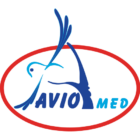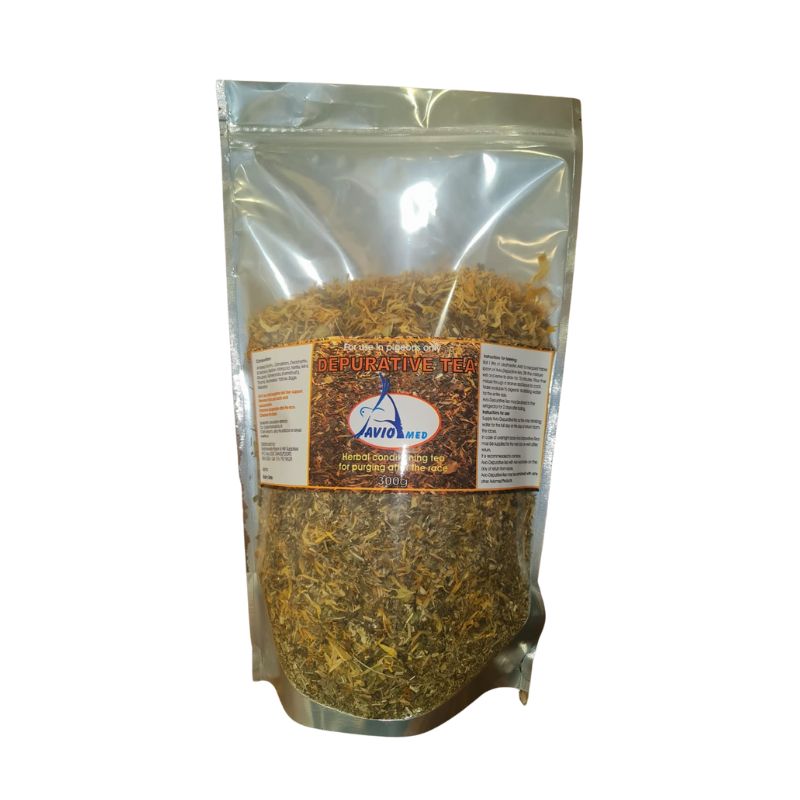Category: Pigeon Poisoning
Cause:
Toxicities in pigeons may be as result of the intake of poisoned drinking water or food. This normally happens when a pigeon goes down for drinking water or food on the way back from a race or longer toss. In some cases, pigeon fanciers may also inadvertently poison their pigeons by overdosing with a medication or applying the incorrect dosage or even the incorrect type of insecticide to the pigeons. A more insidious type of toxicosis in pigeons is the ingestion of Mycotoxins in the feed.
Symptoms:
When pigeons are chemically poisoned, they usually show acute symptoms shortly after ingesting or being exposed to the toxin. In many of these cases pigeons will die as result of the toxin. Symptoms may vary tremendously but, in most cases, pigeons will start to vomit profusely and soon after this a green to grey watery diarrhoea will develop. Depending on the toxin many pigeons will often develop nervous symptoms and may become paralysed or show symptoms of loss of balance. Mycotoxin ingestion via contaminated food will seldom cause acute toxicity but will result in Liver damage, reduced immunity and hormonal abnormalities with resultant poor racing and breeding performance and secondary diseases such a candida and Trichomoniasis.
Treatment:
In acute cases of toxicities, the cause of the poisoning must be identified and withdrawn immediately. Critically ill pigeons must be dosed with a combination product that will bind the toxins as well as stimulate the liver and kidneys to excrete the toxins. The rest of the flock should be treated by applying such a product over the food. Treatment should be continued for at least seven days. To prevent Mycotoxin absorption form contaminated food a product that contains toxin binding salt as well as the toxin binding yeast Beta1/3D Glucan should be applied to pigeons’ food three times per week.
Showing the single result
-
Pigeon Performance Enhancers
Depuritive Tea – 300g

